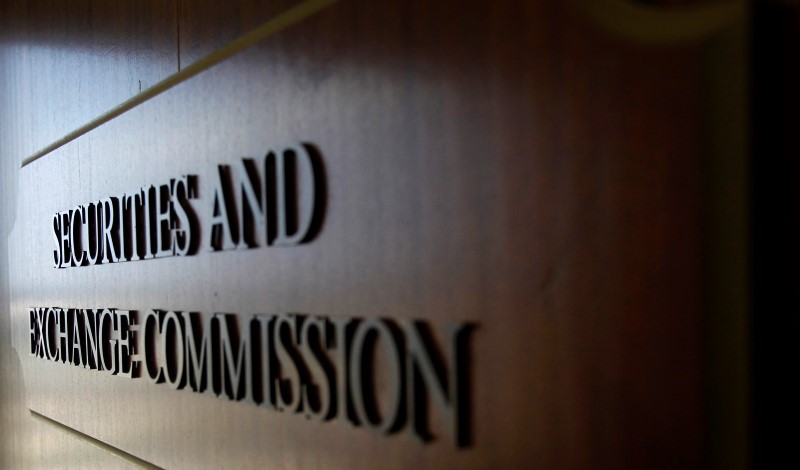By Sarah N. Lynch
WASHINGTON (Reuters) – For the second time in less than a week, U.S. securities regulators on Tuesday filed civil charges against a company for inserting language into its severance agreements that prevents outgoing employees from reaping the benefits of government whistleblower awards. The Securities and Exchange Commission said Health Net Inc will pay $340,000 to settle the charges without admitting or denying wrongdoing.
A statement issued by the health insurer, which has since merged with Centene Corp, said that Centene was not a party to the issues at the heart of the SEC’s case.
The SEC said it did not have any evidence that Health Net employees were deterred from reporting to the agency as a result of the severance agreements.
However, the SEC said the agreements, signed by about 600 employees, removed “the critically important financial incentives” designed to encourage would-be whistleblowers to come forward by requiring them to waive “any right to any individual monetary recovery” arising from a government proceeding. The case comes on the heels of another matter the SEC filed against Atlanta-based building products maker BlueLinx Holdings Inc., also in connection with severance agreements that required departing employees to waive their rights to government bounties. BlueLinx agreed to pay a $265,00 penalty, settling also without admitting or denying the charges, the SEC announced on Aug. 10. A spokesperson could not be immediately reached for comment.
The SEC in 2011 adopted rules designed to encourage people to come forward with tips about possible corporate wrongdoing.
Those rules protect whistleblowers from retaliation and also ban companies from taking any action that could “impede an individual from communicating directly” with the SEC, including through confidentiality agreements. Early last year, the SEC warned companies that it was on the lookout for potentially troublesome severance agreements.
In April 2015, it filed a case against KBR for using restrictive confidentiality agreements, which muzzled employees who had been interviewed in connection with internal investigations.
KBR at the time said it was pleased to resolve the case and that it had never tried to enforce its confidentiality agreements.
Later that same month, SEC Chair Mary Jo White announced that more cases could be in store, after the agency uncovered severance agreements that forced employees to forgo their whistleblower awards. “You can imagine our Enforcement Division’s view of those,” she said at the time.
In June of this year, the SEC also penalized Bank of America’s Merrill Lynch for using agreements that barred employees from reporting to the SEC without first alerting the company attorneys. The charges against Merrill Lynch over its severance agreements were part of a much bigger case involving allegations it misused customer cash.
The company agreed to modify how its severance agreements are worded.
The SEC’s cases against BlueLinx and Health Net, however, are the first two which specifically take aim at agreements requiring outgoing employees to waive their rights to collect government bounties. “These twin actions against BlueLinx and Health Net show that the SEC means business when it comes to efforts by corporations to impede their employees from participating in the SEC whistleblower program,” said David Marshall, an attorney with Katz, Marshall and Banks who represents whistleblowers. More cases against companies with restrictive severance agreements could still be in store.
On Monday, SandRidge Energy [SDOCQ.PK] disclosed it had received a subpoena from the SEC in connection with its employment agreements. It said it was cooperating with the inquiry.
According to a defense attorney familiar with the matter, the SEC has been working on similar cases and some settlements have been pending for months now.
The attorney said the SEC had intended to file the cases simultaneously as a sweep.
It was unclear why the cases were not filed concurrently, and an SEC spokesman declined to comment.
Shayne Stevenson, an attorney at Hagens Berman Sobol Shapiro LLP who represents whistleblowers, said he expects companies will try new tactics over time to give themselves legal cover, while still trying to silence whistleblowers. “As someone who has seen these contracts evolve since last year’s settlement with KBR, we have seen ever more devious ways that corporations try to undermine the Dodd-Frank whistleblower program,” he said. (Reporting by Sarah N. Lynch; editing by David Gregorio and Alan Crosby)
SEC cracks down on severance agreements that deter whistleblowing

By Sarah N. Lynch


















